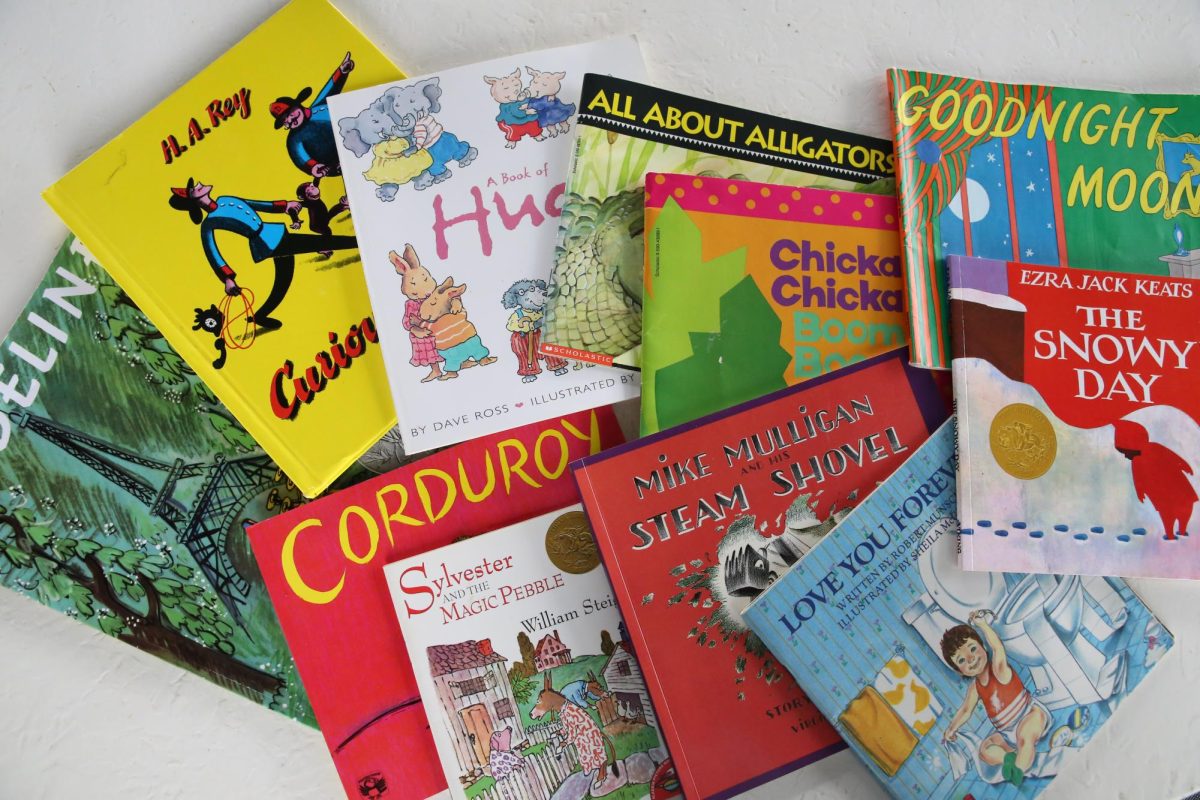It is well known that it’s important to read to young children to help them develop their language and early literacy skills, as well as to help them develop their love for reading and expand their perspectives and knowledge. However, recent research shows that it’s important not only to read books to children, but to have conversations with them.
Scientists at MIT and Harvard report that children’s brains change when they converse with adults. In a study with children between the ages of 4 and 6, the researchers examined “conversational turns,” the number of times the child and adult spoke. They found that children who had experienced more “conversational turns” had more activity in the Broca’s area, which is part of the brain responsible for speech production and language processing, while they listened to stories. These children with more “conversational turns” also had more advanced vocabulary, grammar, and verbal reasoning. The researchers stress the importance of having conversations that engage children.
Earlier this year, an article in the New York Times found that as more and more young children increase their screen time, they have fewer and fewer conversations with their parents and caregivers. The fewer conversations they have, the fewer conversational turns they will have.
One way to increase conversations would be around shared book reading time. While children read books with adults, adults can ask questions about the books to encourage children to talk and engage. Programs like our high school’s Read Aloud Buddies program encourage just this. Read Aloud Buddies is a program where high school readers read and discuss books over Zoom with children. Started during the height of the pandemic in the spring of 2020, volunteer reading buddies are matched with children to read and discuss stories. Initially started with a handful of children, Read Aloud Buddies now reads weekly to approximately 50 children in preschool through Grade 6 nationwide, rapidly growing through word of mouth. Many children attend Title I schools and are from non-English-speaking homes.
One parent recently shared: “Asher’s reading buddy is awesome, super engaging and asks questions that help with Asher’s comprehension and curiosity. Asher actually kicked me out of the room last week so he could have his special reading time with his buddy.” If any readers are interested in volunteering (and receiving service hours), or if any readers are interested in a reading buddy for their children, visit https://www.readaloudbuddies.org/.


